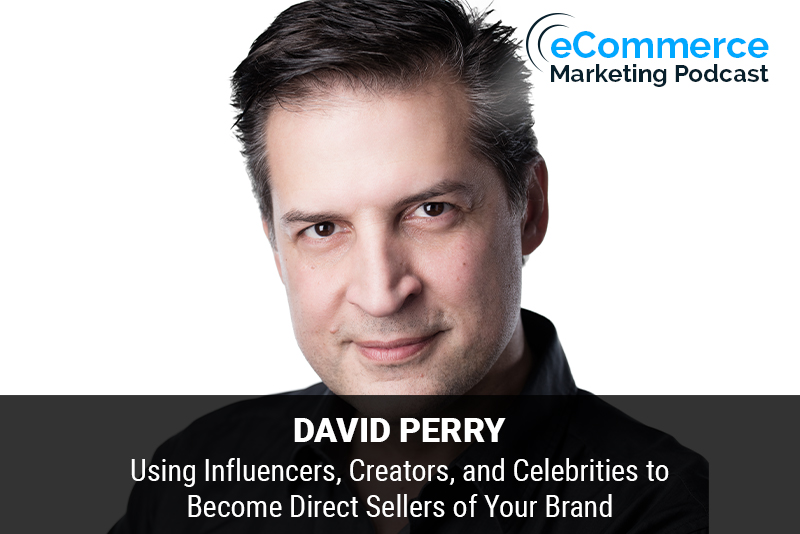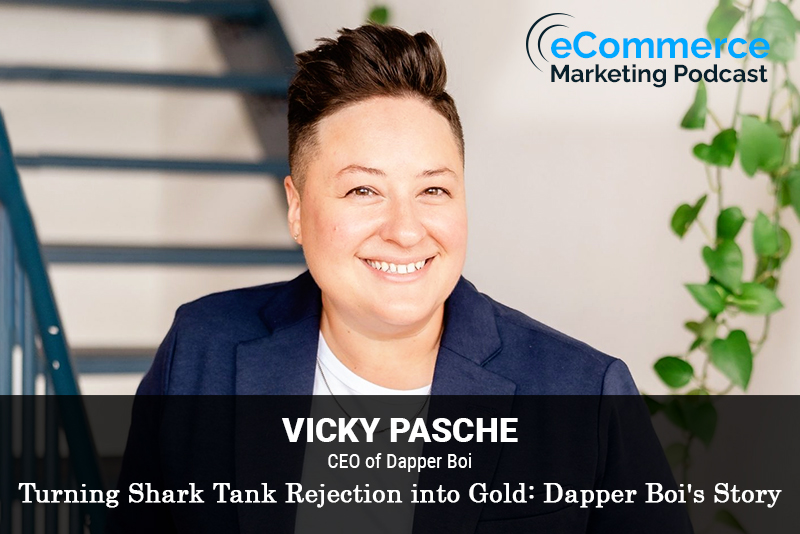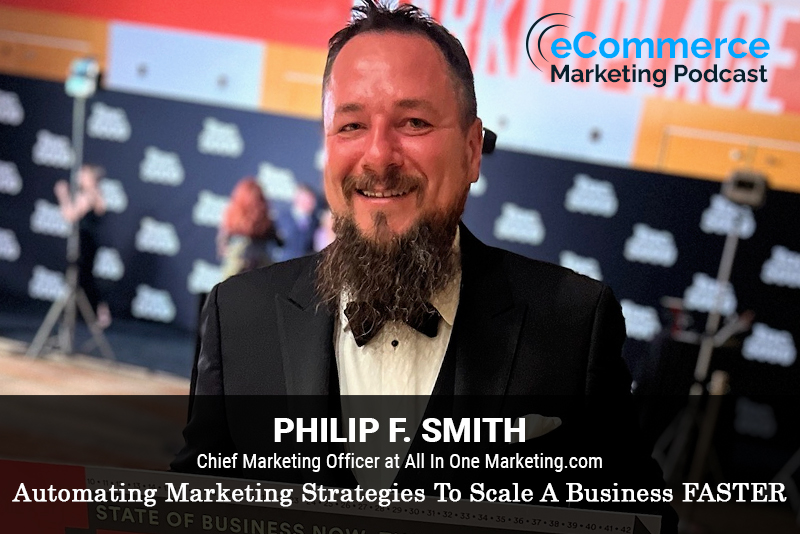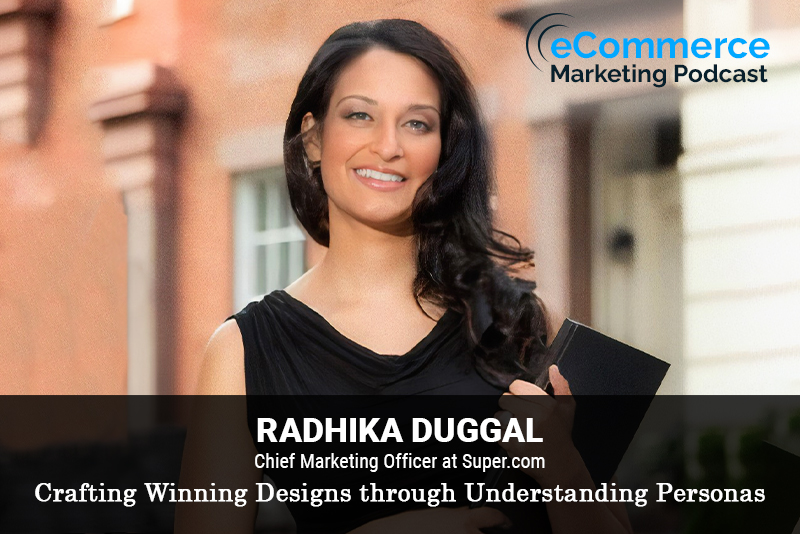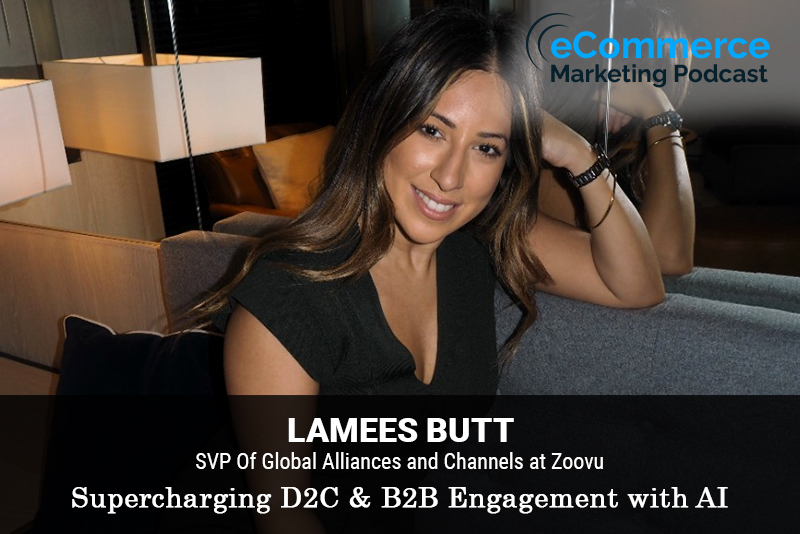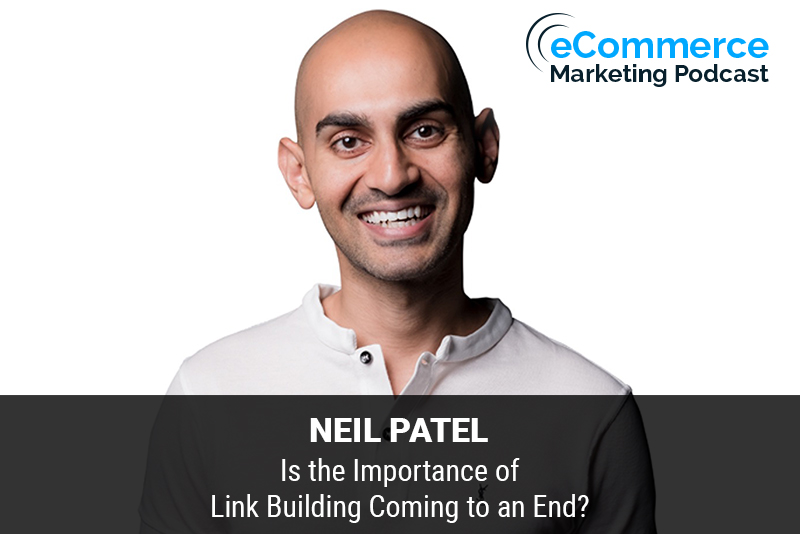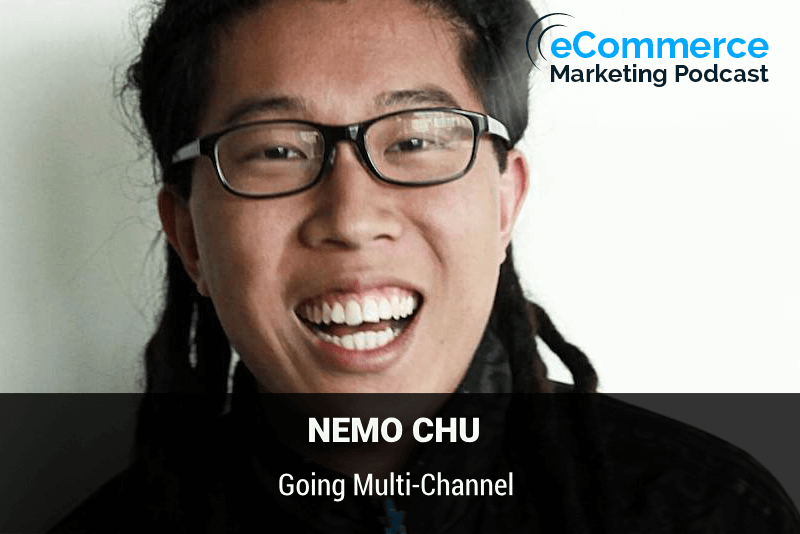
The eCommerce Marketing Podcast walks you through everything that goes into ecommerce marketing — from inbound marketing to paid advertising to conversions. Learn the strategies top marketing experts use to grow their businesses.
Today’s guest is David Perry who is the CEO of Carro, a new e-commerce partnership network used by over 30K Shopify brands.
GetCarro.com helps brands gain attention, sales, and new customers by partnering with other brands in the network. The goal is to keep users on your store, adding all the things they need directly into your cart. Carro provides all the other products they want that you don’t currently sell.
Sony PlayStation acquired Perry’s previous company Gaikai to establish leadership in the future of streaming video games from the cloud. This service is called PlayStation Now.
In this episode, you will learn
- What is the main difference between an influencer that recommends products to one that is a direct seller of your brand
- When looking for influencers to be direct sellers what type of incentive do you need to offer them
- What types of promotional materials and resources do you need to provide influencers that are direct sellers
- Examples of businesses that are currently actively using influencers as direct sellers
For show transcript and past guests, please visit https://www.ecommercemarketingpodcast.com
Or on YouTube at:
https://www.youtube.com/channel/UC3PgT0NOGzpdPGQtBK0XLIQ
Follow Arlen:
Twitter: https://twitter.com/askarlen
Facebook: https://www.facebook.com/arlen.robinson.7
Instagram: https://www.instagram.com/arlenyohance/
LinkedIn: https://www.linkedin.com/in/arlenrobinson/
Past guests on the ecommerce marketing podcast include Neil Patel, Nemo Chu, Luke Lintz, Luke Carthy, Amber Armstrong, Kris Ruby and many more.
Thanks for listening. Be sure to subscribe and leave a review.

In this episode of the eCommerce Marketing Podcast, host Arlen Robinson interviews David Perry, the CEO of Carro, an innovative e-commerce partnership network used by over 30,000 Shopify brands. Carro helps brands gain attention, sales, and new customers by facilitating partnerships with other brands in the network. David shares insights from his unique journey from the video game industry to e-commerce, and discusses how brands can turn influencers into direct sellers of their products.
Key Takeaways:
- Introduction to David Perry and Carro (00:00:56)
- Overview of David Perry’s background, including his previous company Gaikai, which was acquired by Sony PlayStation to create PlayStation Now.
- Introduction to Carro and its mission to help brands gain attention and sales through partnerships.
- Mystique Marketing and Branding (00:01:53)
- The concept of mystique marketing: creating a sense of insider knowledge among customers, exemplified by the brand Versace.
- Transition from Video Games to E-commerce (00:04:45)
- David’s journey from programming and developing video games to innovating in the e-commerce space with Carro.
- Challenges and Innovations in E-commerce (00:07:57)
- The importance of attention for brands and the inefficiencies of traditional advertising.
- How Carro helps brands identify influencers who already love their products and convert them into brand advocates.
- Influencers as Direct Sellers (00:16:35)
- The shift from influencers merely recommending products to becoming direct sellers.
- The benefits of authentic relationships between brands and influencers, leading to organic promotion without monetary compensation.
- Partnerships and Inventory Management (00:19:51)
- The concept of wiring suppliers directly into retailers’ stores to avoid inventory costs and offer a wider range of products.
- Forming Effective Brand-Influencer Relationships (00:29:26)
- The importance of treating influencers with respect and understanding their audience.
- Avoiding the pitfalls of restrictive contracts and scripted content.
- Future of Influencer Marketing and E-commerce (00:39:30)
- The potential for influencers to become brands and vice versa.
- The need for seamless transactions within social media and the metaverse.
Bullet Points of Key Takeaways with Timestamps:
- [00:00:56] Introduction to David Perry and Carro.
- [00:01:53] Concept of mystique marketing and its impact on branding.
- [00:04:45] David’s transition from video games to e-commerce.
- [00:07:57] Challenges in e-commerce and the importance of attention.
- [00:16:35] Influencers becoming direct sellers and the benefits of authentic relationships.
- [00:19:51] Innovations in inventory management through brand partnerships.
- [00:29:26] Effective brand-influencer relationship strategies.
- [00:39:30] The future of influencer marketing in the metaverse.
Guest Information:
David Perry
- CEO of Carro
- Website: GetCarro
- LinkedIn: David Perry
- For VIP concierge support, email: [email protected] and mention this podcast.

